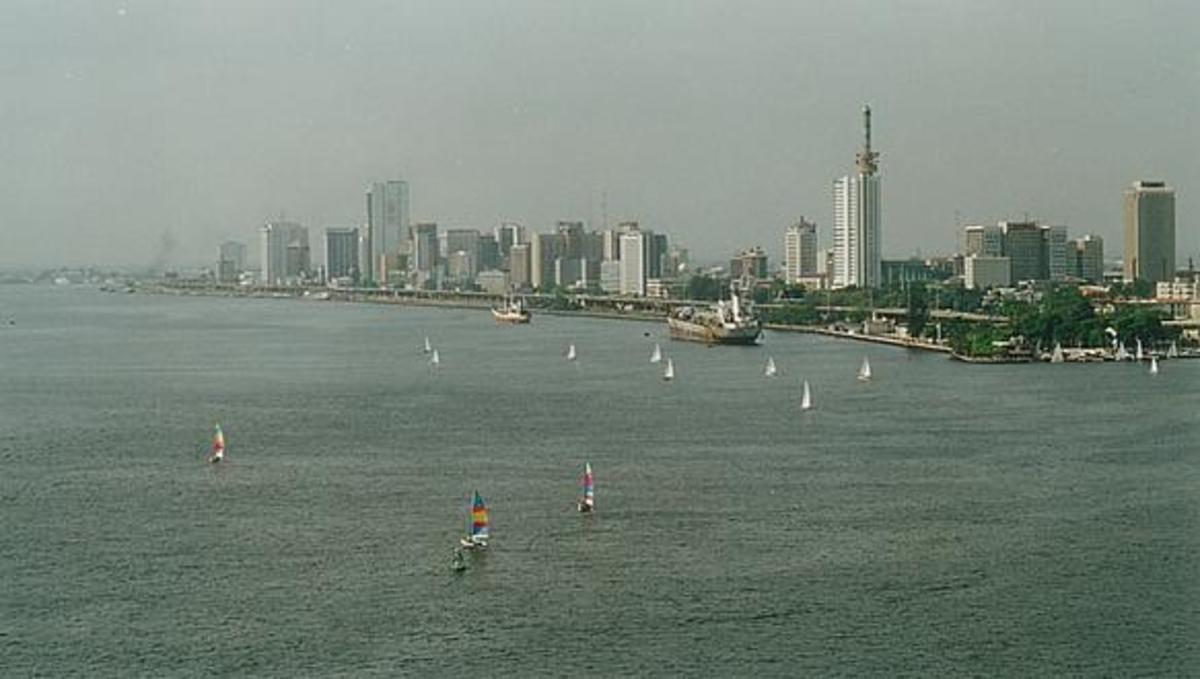The problem of corruption

When I thought of writing about corruption, my absolute inexperience made it seem a daunting task while its wide prevalence made it seem a compelling topic.
There are innumerable reports, essays, documents and slide presentations full of homilies on why corruption is so bad and what needs to be done to control it. So much has in fact been written that there is virtually nothing more to be said. But it’s also true that corruption has all the while kept on increasing!
I do not suffer from any grandiose pretension that a single article would clean up the world, but you would agree that there is a decent case for a 1200 word hub. So I decided that I would research adequately, talk to practitioners of the craft and write a simple hub on “how to become corrupt in 30 days.’ This brilliant idea was immediately shot down by friends and well-wishers with only a hard stare that seemed to ask “What’s wrong with you?” I explained that corruption was trendy and it was as important as any other skill to become successful in today’s world. I was told I was being cynical. I argued that corruption was no longer a dirty word, especially when it gets couched in terms like consultancy, lobbying and agency commissions. This too didn’t work. So there I was, left with no choice but to take a serious look at a very serious matter!
Definition
Corruption has various connotations ranging from mundane bribery to spiritual or moral imperfection. A techie may immediately think of data getting corrupted, but for the layperson corruption would broadly imply a process of deriving unfair or illegitimate personal gain by people in public (or private) office. Naturally, it involves dishonesty and taking what is not rightfully yours through bribery, nepotism or patronage, but as we become more and more advanced, corruption too has become sophisticated and may mean, money laundering kickbacks and tax havens.
Corruption in ancient times
Corruption is as old as recorded history finding mention in the ancient Indian treatise Arthashastra (c. 280 BC) and also alluded to as one of the reasons for the fall of the Roman Empire (476 AD).
Corruption has therefore been part of our existence leading some to believe that corruption can only be controlled and never eradicated.
Current state
Transparency International, a global civil society organization publishes periodical research reports as part of their fight against corruption. In the latest 2015 report, they say that in their Corruption Perception Index (a measure of perceived levels of public sector corruption worldwide), not one of the 168 countries gets a perfect score and more than two-thirds scored below fifty on a scale of 1 to 100, (1 being highly corrupt and 100 being very clean), indicating a serious corruption problem. When it comes to individual countries, Denmark topped the list with a score of 91 followed closely by Finland (90), Sweden (89), New Zealand (88) Netherlands (87) and Norway (87), while at the bottom of the list, tying for the last position are Somalia and North Korea with a score of 8.
In some related news, Global Financial Integrity released a report in December 2015 saying that developing and emerging economies lost $7.8 trillion in illicit financial flows from 2004 through 2013. Illicit outflows increased at an average rate of 6.5 percent per year - nearly twice as fast as global GDP!
Causes
The fact that it’s a very old disease prevalent from ancient times suggests that corruption is a product of something intrinsic – our greed or selfishness or the corrupting quality of power. At the same time the fact that there seems to be large variation between countries (though corruption is a global phenomenon), suggests that whatever the causal factors, checks and controls do work and can help in the fight against corruption.
Negative impact
The negative impact of corruption is quite well known.
For the common citizen it adds to the cost of goods and services, as an avoidable cost gets added to the usual legitimate costs. Day to do transactions become cumbersome and the honest get penalized while the dishonest go scot-free. Citizens end up having to pay bribes for legitimate public services that they are entitled to, while the illegitimate earnings from such bribes swells the black money in circulation and brings in serious distortions to the economy.
The efficiency of governmental intervention for social welfare or other public good becomes inefficient as seepages prevent proper delivery or use of resources. International institutions too become wary to assist countries where corruption is high. The value of merit gets eroded and the rule of law breaks down as anything can be done (or not done) provided payment is made. The general breakdown of checks and balances promotes an amoral culture that gradually permeates all aspects of life, weakens institutions and erodes the quality of life.
The direct and indirect impact is so large and widespread that it would take many pages to list them down.
Solution
Generally, a slew of tough initiatives to provide quick exemplary punishment would be essential. The state should convey a strong zero tolerance stance to curb the menace and take steps to support sufficient deterrence to would-be offenders. This can be achieved by enacting tough laws that provide for confiscation of assets and jail terms. The executive needs to provide sufficient freedom, personnel and resources to investigating agencies involved in tracking and prosecuting such offenders. The judiciary can play a key role by providing quick disposal of corruption cases to ensure that justice is delivered without delay. Equally important would be measures to increase transparency, by enacting laws to grant right to information to the citizens and protection and encouragement to whistleblowers. Donations to political parties should be regulated and transparency ensured. The citizens should be educated about the economic and other costs of corruption and how they can contribute in the fight against corruption. No country in the world can claim to be free of corruption but serious concerted efforts can pay rich dividends and reduce corruption drastically. The experience of New Zealand, Denmark and Singapore can provide valuable lessons in formulating anti-corruption measures and policies. An independent media can play a crucial support role as a watchdog in curbing the menace.
Just as the state and institutions initiate measures to curb corruption, it is equally important for the citizens to be educated about the negative and corrosive effect of corruption so that there is a conscious drive to stop paying bribes and instead demand the services that one is entitled to. When we have global campaigns to fight HIV or save wildlife, why not have a global movement against corruption with people’s participation? If smallpox could be eradicated, it may not be too much to expect corruption to be controlled and brought within manageable levels where it’s deleterious impact is not so pronounced.
Prevalence
Corruption is all too common in the big bad world of adults even as our schools prescribe truth, integrity and morality as the way to go for children. If the newspapers carry one kind of reporting and the schools inculcate and enjoin adoption of a different set of values, there should be some good reason for this strange phenomenon. Granted that its not as stark as that, and of course, similar disconnects can be observed in many other areas – mainly because schools nudge you closer to ideals whereas the news presents the hard and often harsh reality – but the contrast is very striking when it comes to corruption.









